Develop critical thinking Math Worksheets for Ages 6-7
13 filtered results
-
From - To
Enhance your child's mathematical skills with our engaging critical thinking math worksheets designed for ages 6-7. These worksheets encourage young learners to explore math concepts through problem-solving, reasoning, and logical thinking. Each activity is crafted to ignite curiosity and foster a deeper understanding of numbers, shapes, and patterns. By tackling challenges that require more than basic computation, children will strengthen their analytical abilities while enjoying interactive and rewarding lessons. Perfect for parent involvement or classroom use, our worksheets ensure a fun and effective way to develop essential critical thinking skills in young mathematicians. Discover learning that goes beyond rote memorization today!
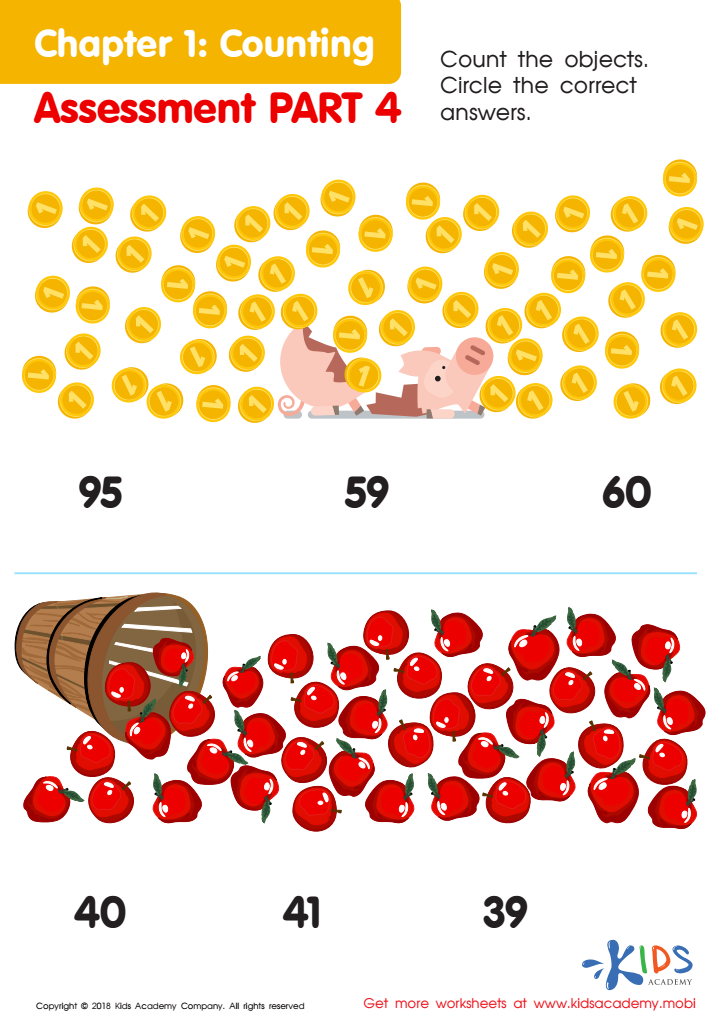

Counting: Assessment 4 Worksheet
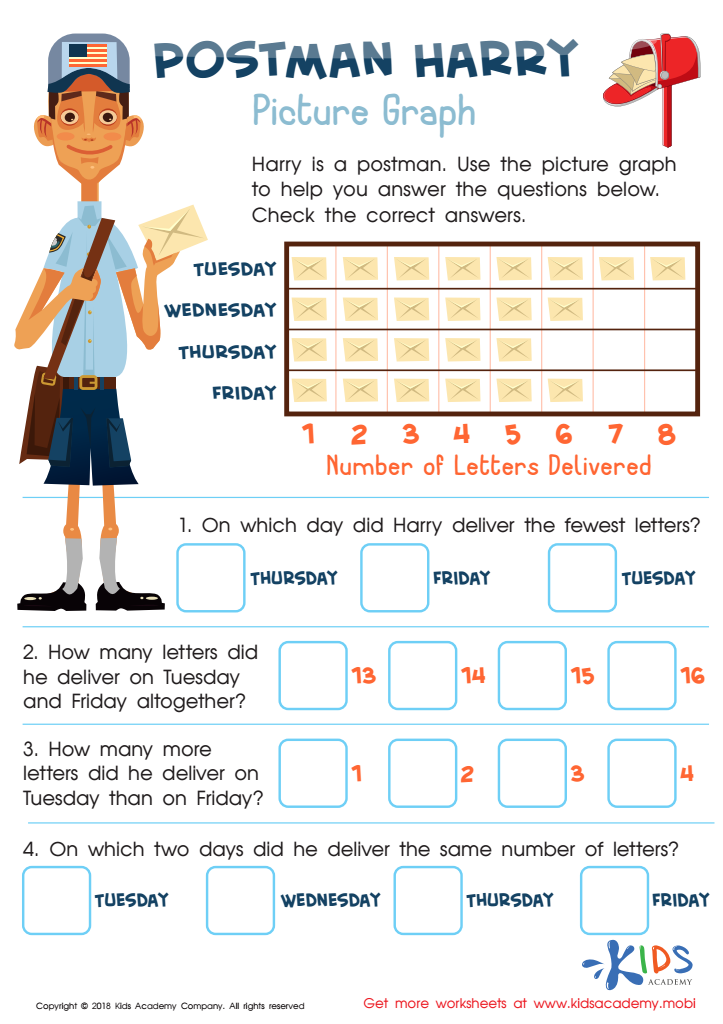

Postman Harry: Picture Graph Worksheet
Developing critical thinking skills in math for children aged 6-7 is crucial for their overall intellectual growth and future academic success. At this developmental stage, children are naturally curious and eager to explore concepts, making it an ideal time to foster these essential skills. Engaging young learners in critical thinking through math encourages them to analyze, reason, and solve problems, rather than simply memorizing facts or following rules without understanding.
When parents and teachers prioritize critical thinking in math, they empower children to approach challenges confidently and creatively. This process helps students understand the "why" behind mathematical concepts, leading to deeper comprehension and retention. Rather than viewing math as a set of isolated procedures, children learn to connect ideas and apply them in real-life situations.
Additionally, nurturing critical thinking contributes to improved communication skills; children learn to articulate their thought processes and justify their answers. These abilities are foundational not only in mathematics but across all subjects and aspects of life, creating critical thinkers who are better equipped to navigate complex situations. In a world increasingly defined by problem-solving, innovation, and analytical skills, fostering critical thinking in early math education prepares children for success both academically and beyond.

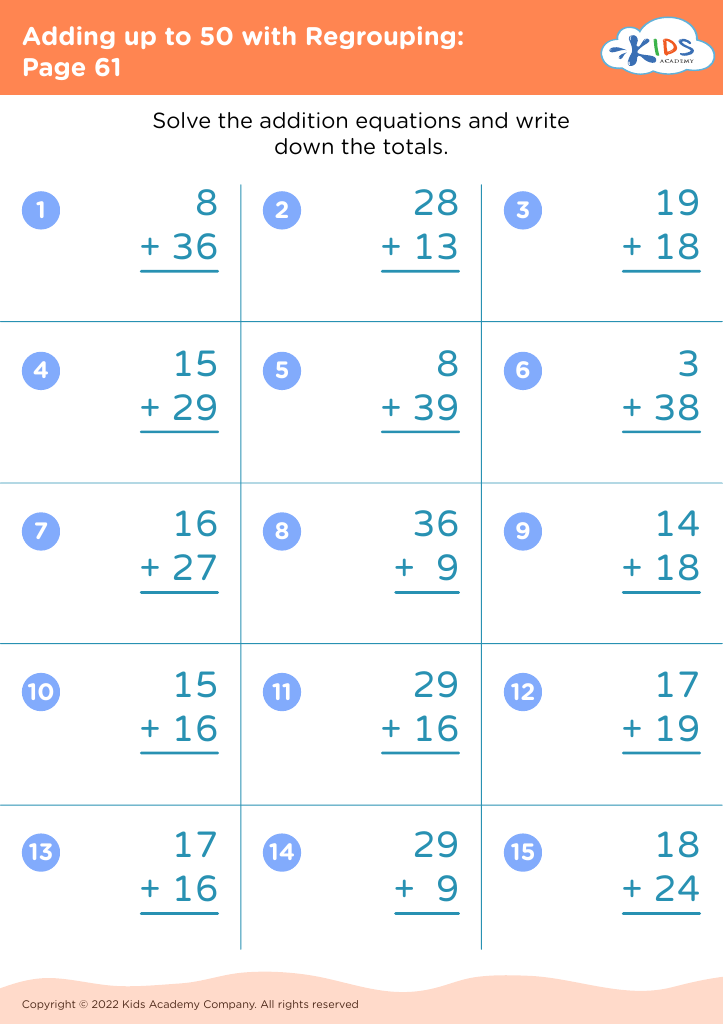

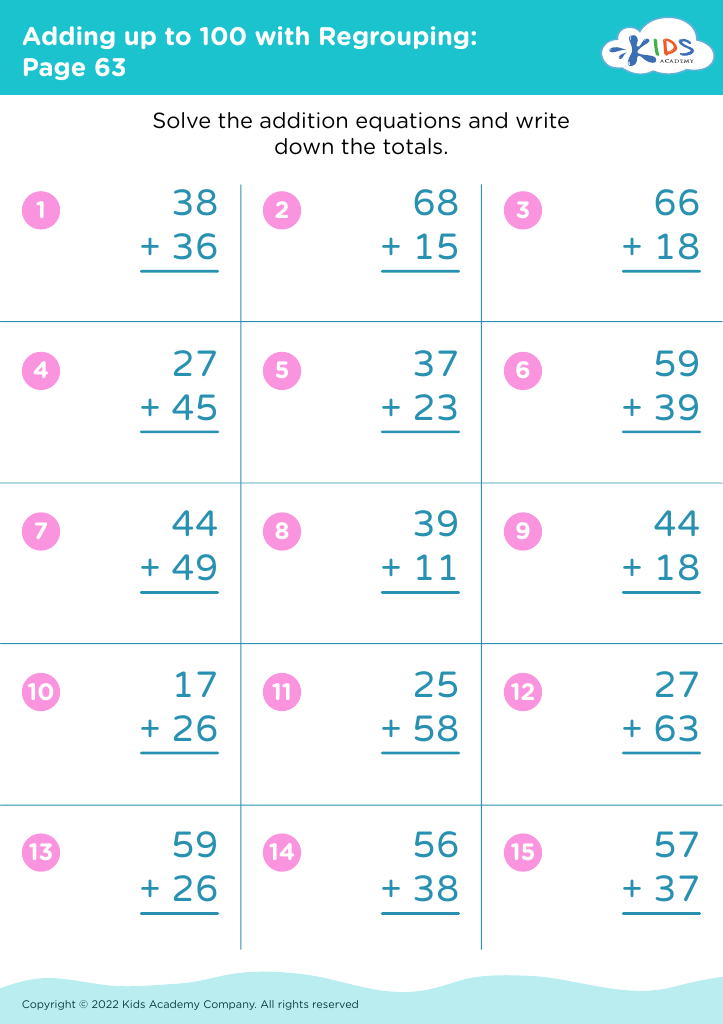
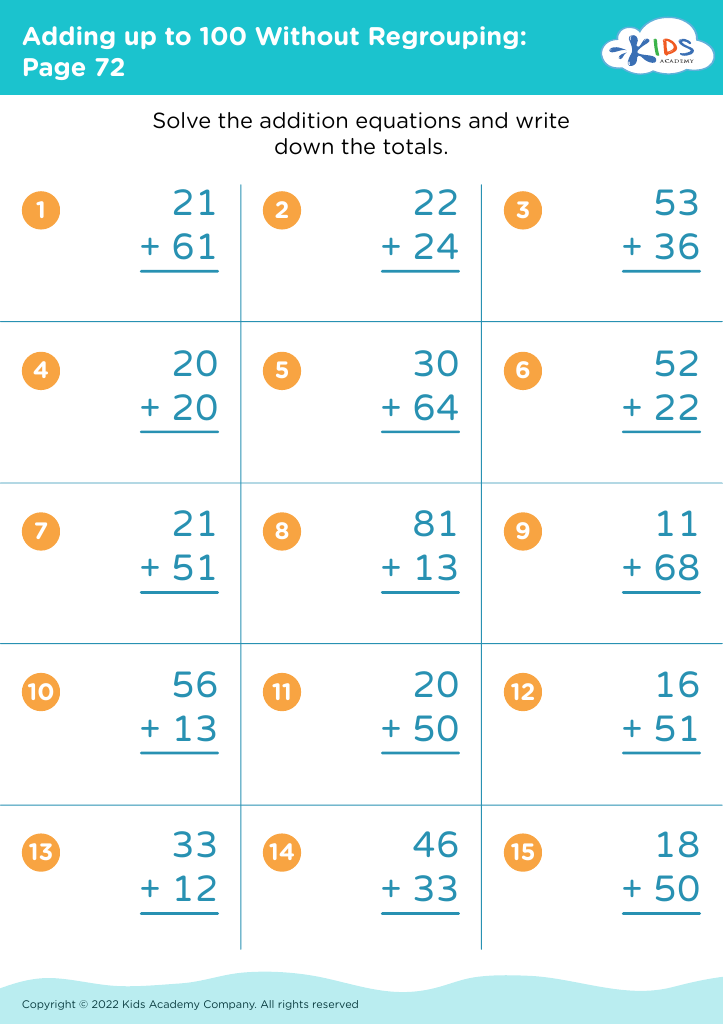
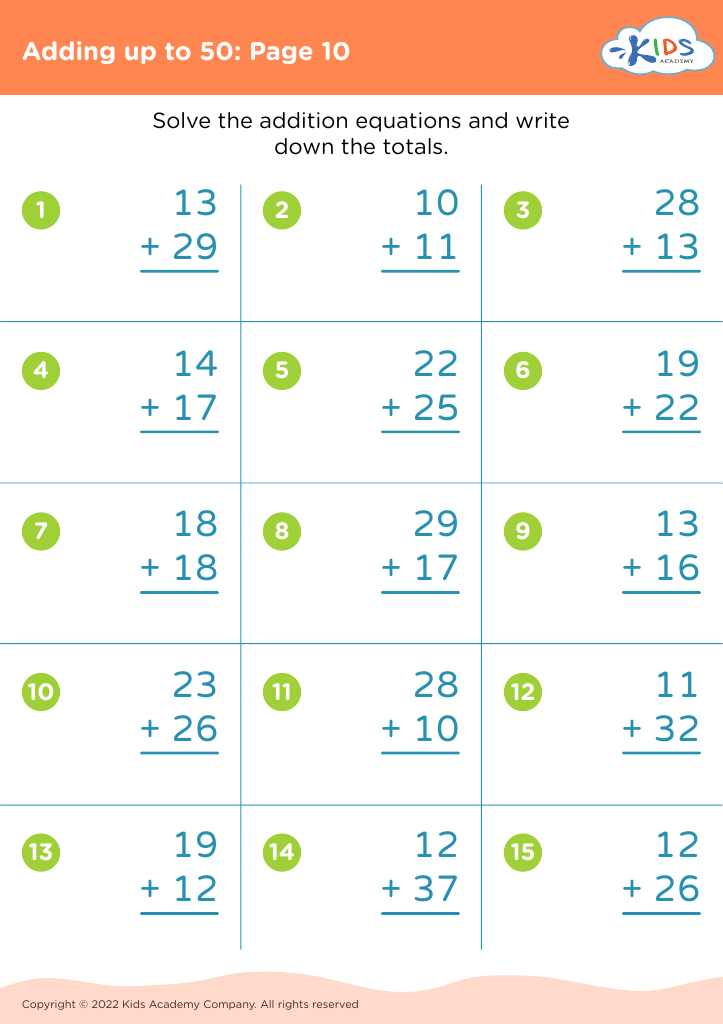
 Assign to My Students
Assign to My Students



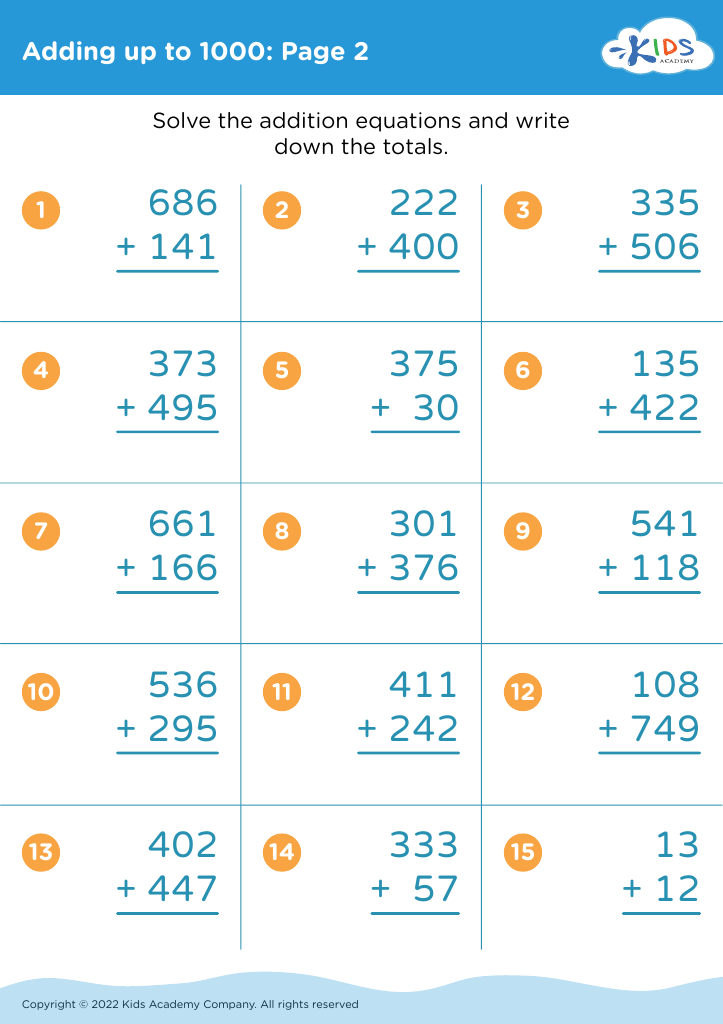

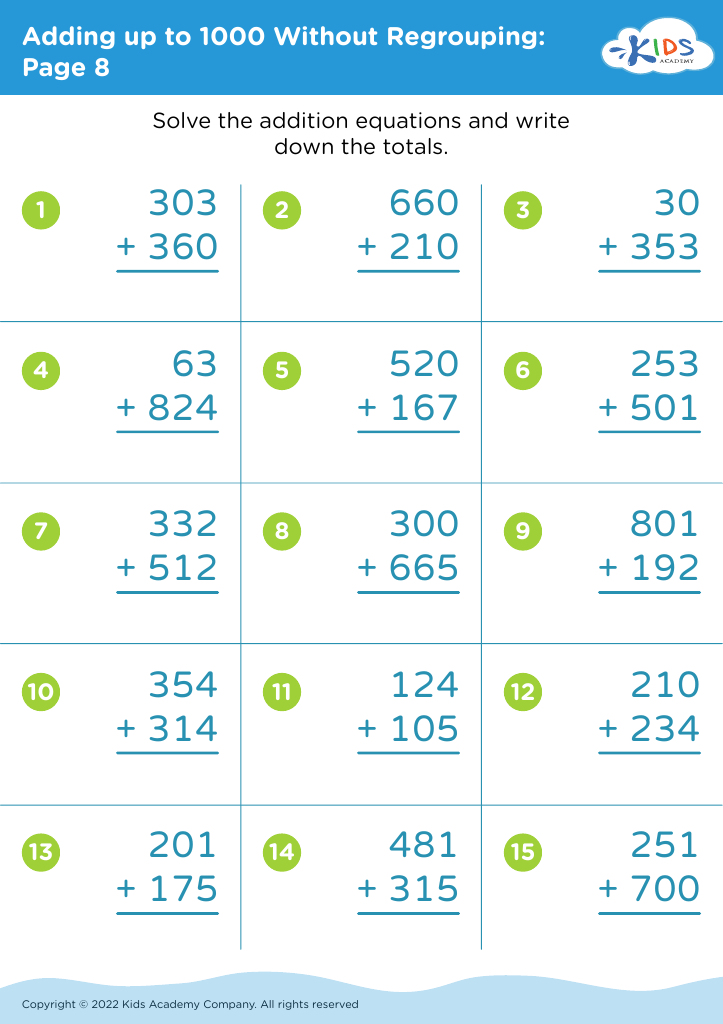
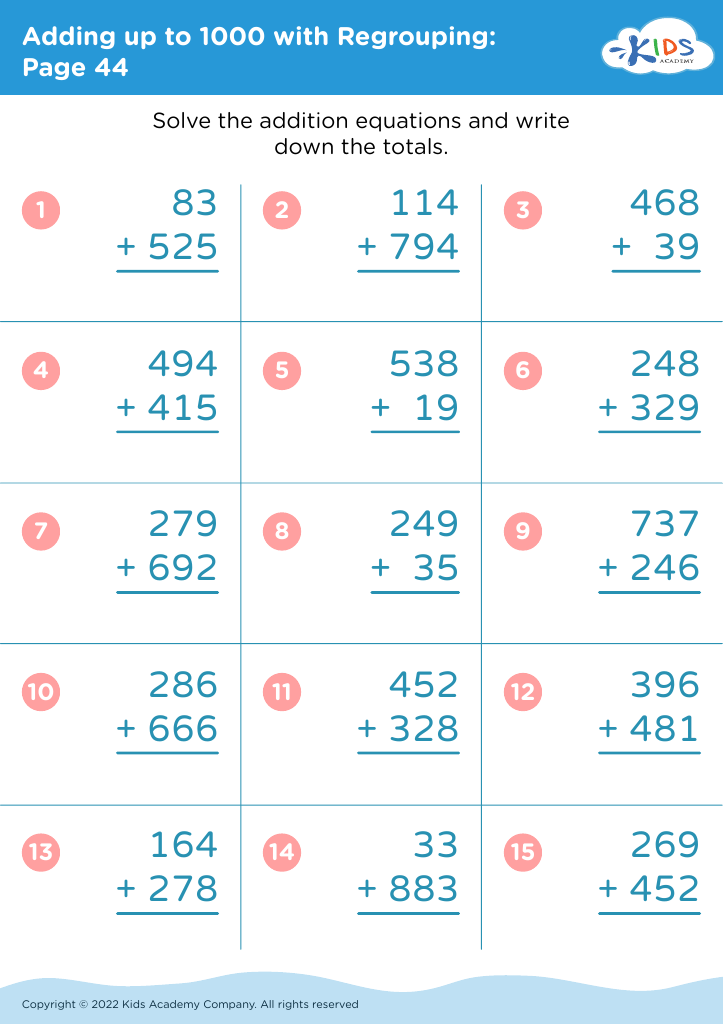








%20(1).jpg)










